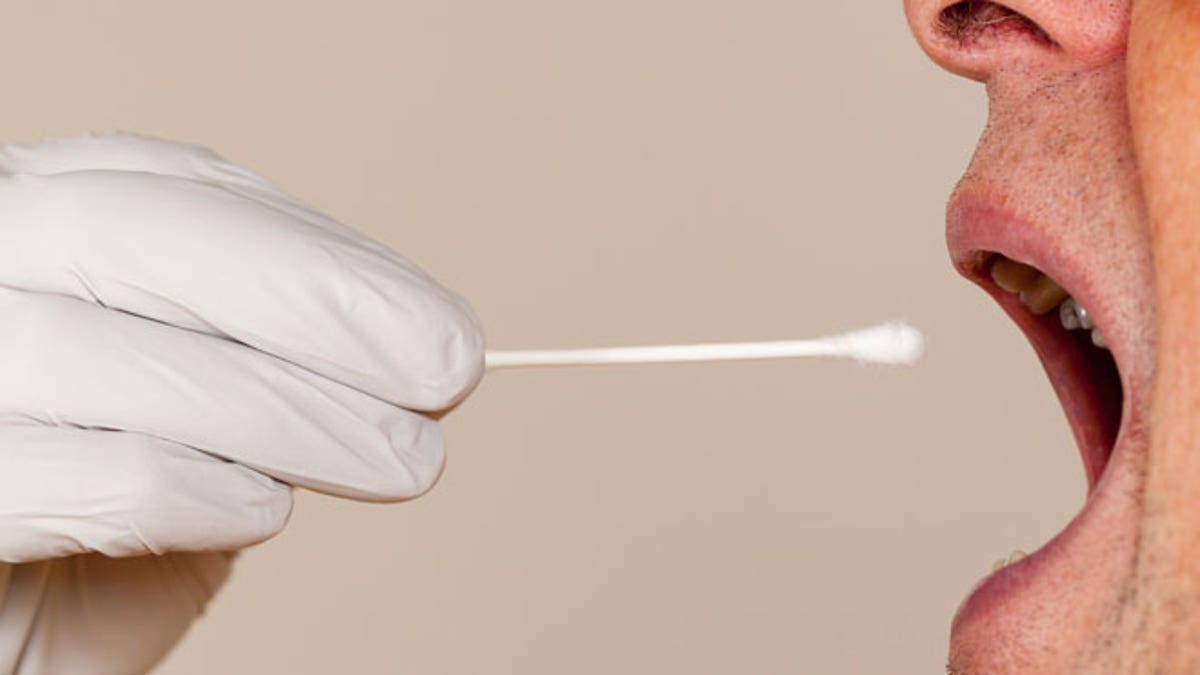
(2012 Backyard Productions LLC)
The Alzheimer’s Association predicts the number of Americans diagnosed with Alzheimer’s disease will increase by 40 percent within the next 10 years. While there’s no noninvasive test available for the condition, a preliminary study has suggested a simple saliva test may provide clues as to who will develop Alzheimer’s and mild cognitive impairment within six years.
Medical Daily reported that researchers at the University of Alberta, Edmonton identified certain metabolites, or molecular byproducts of metabolism, that were linked to metabolic changes in the brain and appeared to point to the onset of Alzheimer’s.
Drawing data from the Victoria Longitudinal study— a long-term and large-scale analysis of human aging— study authors gathered saliva samples from 22 people with Alzheimer’s, 25 with mild cognitive impairment and 35 people with mental skills typical for their age. Researchers used liquid chromatography-mass spectrometry to study differences among these groups’ saliva.
Study authors found that specific substances that were highly concentrated in the saliva of people with Alzheimer’s weren’t as concentrated in the saliva of those with mild cognitive decline or healthy brains. They also observed that two other substances found in the Alzheimer’s and cognitive impairment groups— and linked with episodic memory issues— were not highly concentrated in the healthy-brain group, according to Medical Daily.
Although the authors’ findings offer promise for an inexpensive, noninvasive test for Alzheimer’s— as scientists now must study biomarkers like beta-amyloid and tau to do so— they cautioned that their results are preliminary.
Not only was the study group small, but researchers also didn’t adjust for confounding variables that can influence the quality of saliva. Those factors include medications, tobacco use and coexisting illnesses.
"Saliva is easily obtained, safe, and affordable, and has promising potential for predicting and tracking cognitive decline, but we're in the very early stages of this work and much more research is needed," study author Shraddha Sapkota, neuroscience student at the Neuroscience and Mental Health Institute at UAlberta, said in a news release from the Alzheimer's Association.
According to the Alzheimer’s Association’s latest estimates, 5.3 million Americans of all ages have Alzheimer’s disease. Only 45 percent of people with Alzheimer’s report being told of their diagnosis, compared with over 90 percent of cancer patients.







































